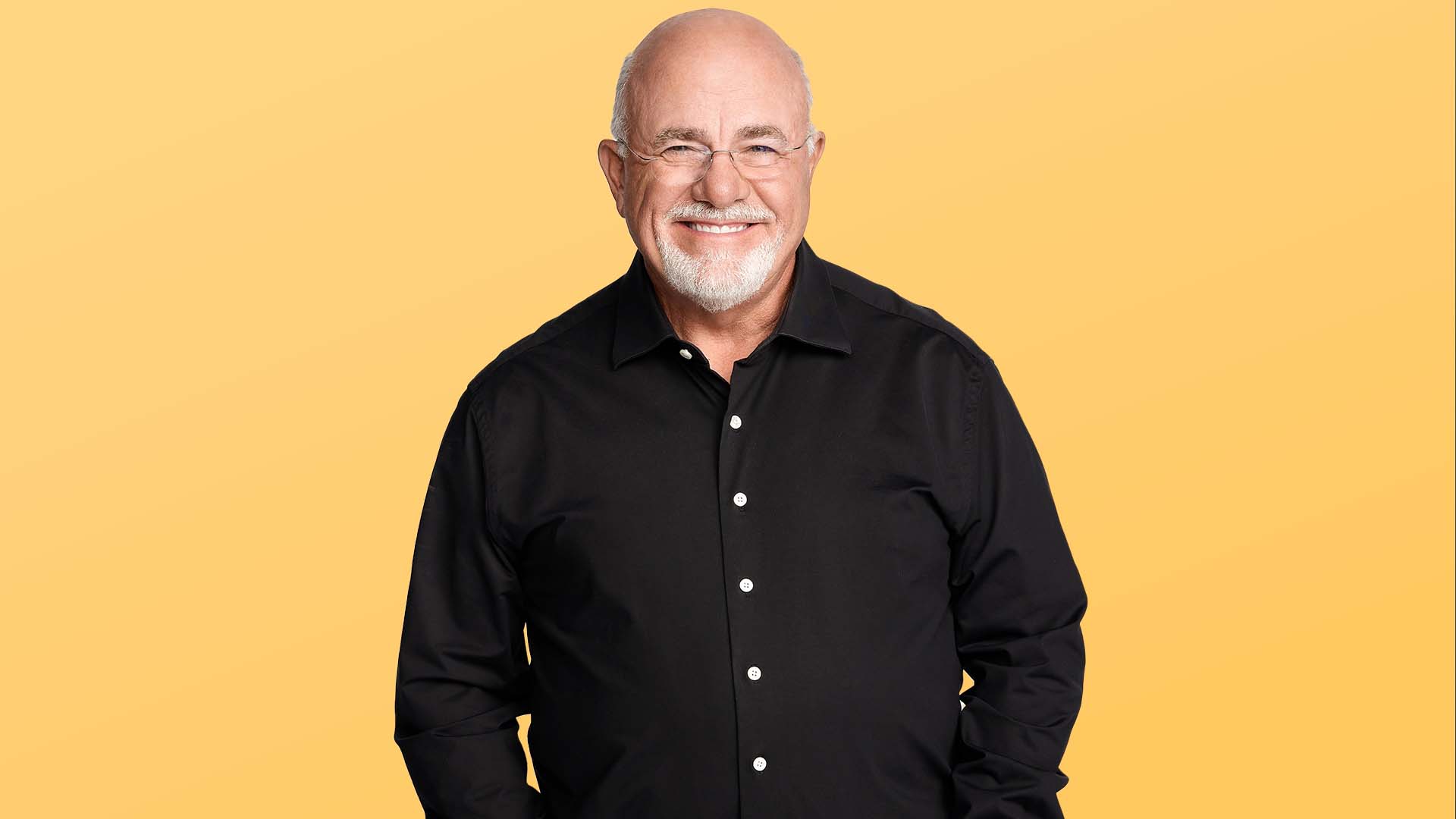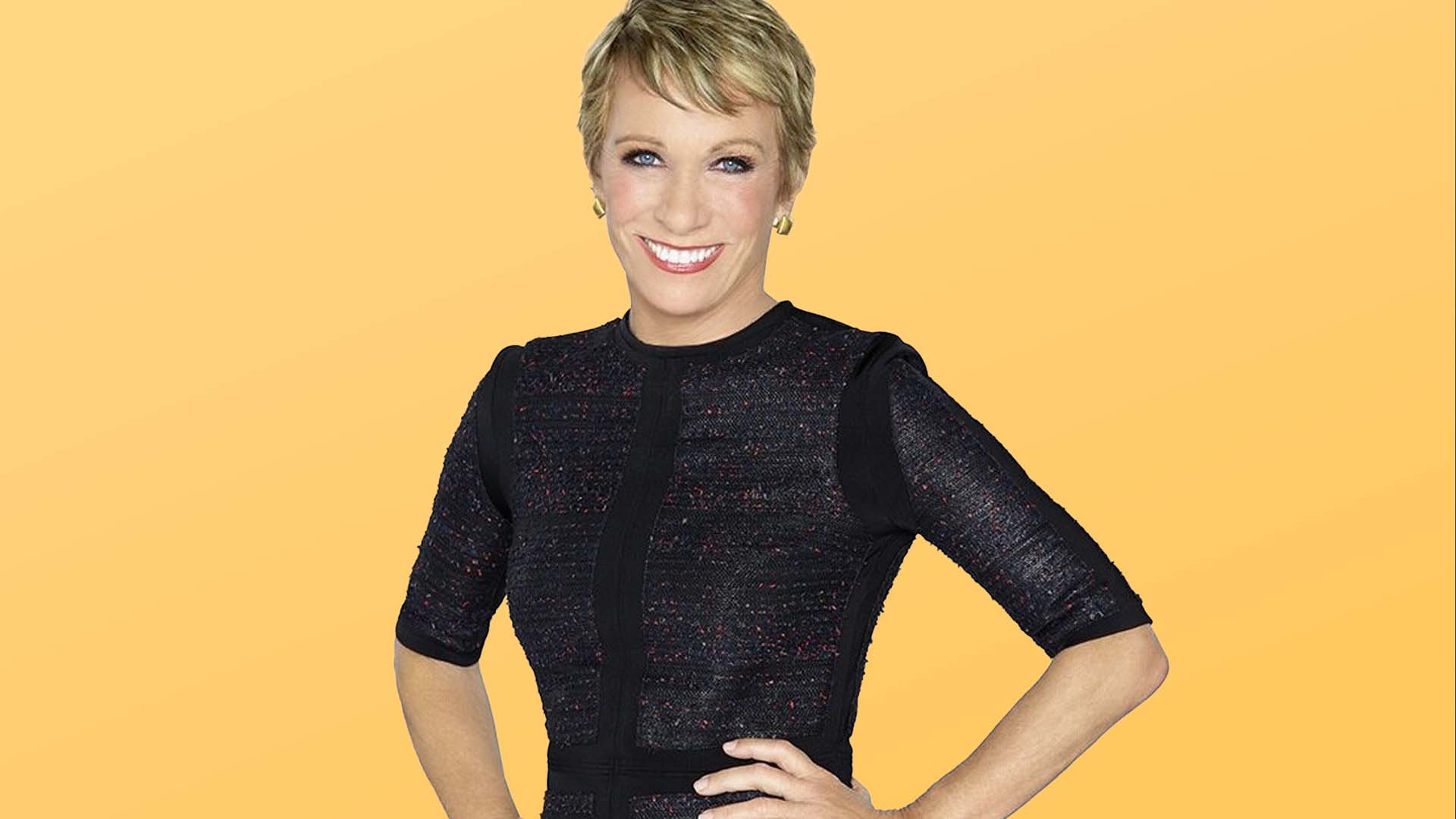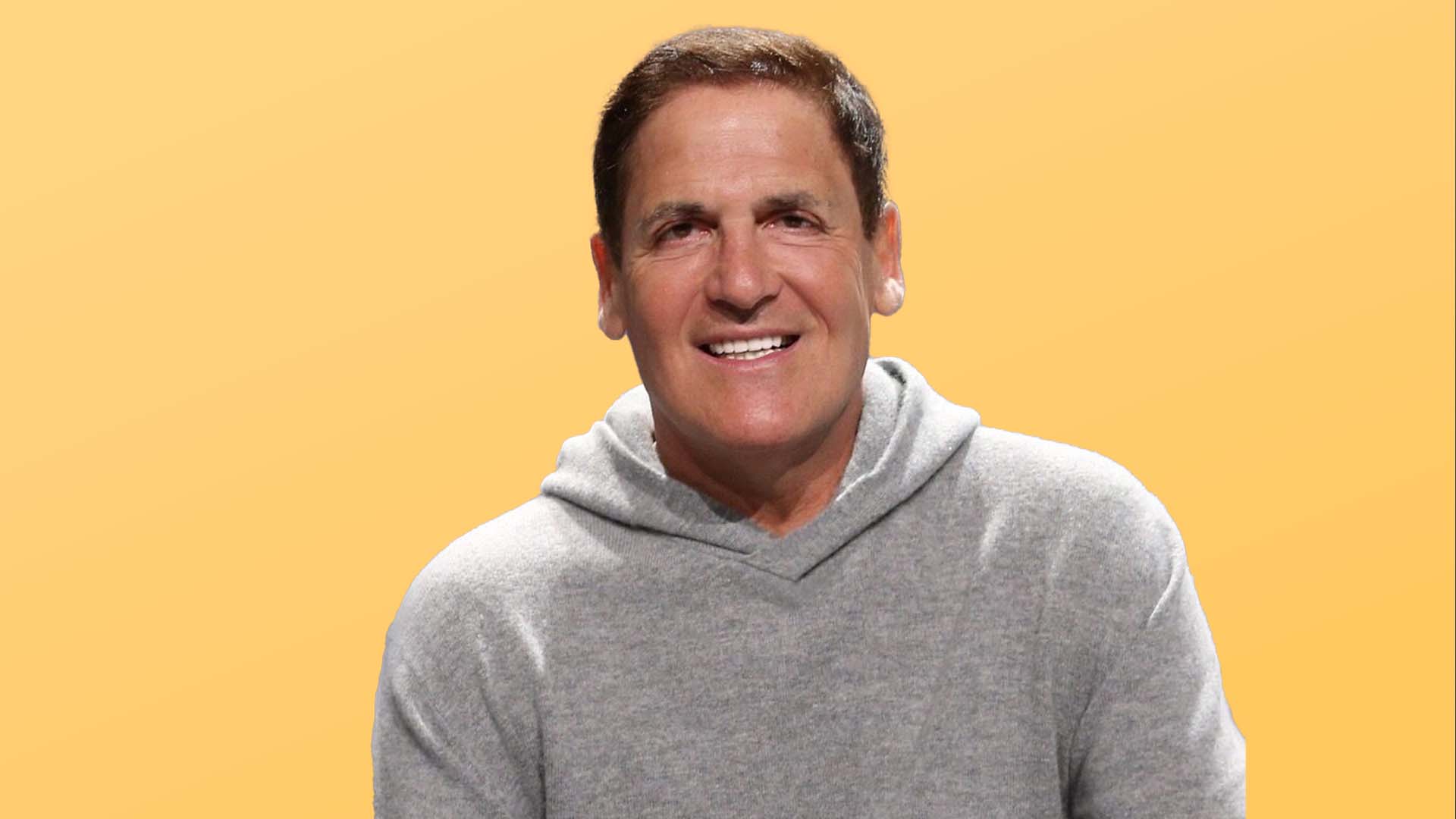3 Money ‘Rules’ That Only Work for People With Stable Paychecks — and What To Do Instead

Commitment to Our Readers
GOBankingRates' editorial team is committed to bringing you unbiased reviews and information. We use data-driven methodologies to evaluate financial products and services - our reviews and ratings are not influenced by advertisers. You can read more about our editorial guidelines and our products and services review methodology.

20 Years
Helping You Live Richer

Reviewed
by Experts

Trusted by
Millions of Readers
You’ve built a strong career as a self-directed entrepreneur and earned a reputation for delivering quality work for your regular clients. Unfortunately, what you don’t have is a regular schedule of income. Like many self-employed people, you don’t always know when you’re getting paid — which means that many conventional money rules simply don’t work for you.
A lot of personal finance advice is geared toward people who can count on those biweekly paychecks. That can make it feel like hitting your financial goals is harder than it should be. Alejandra Rojas, finance expert and host of The Brown Way to Money podcast, helps entrepreneurs like you navigate your unique challenges. She wants you to know: Success often means unlearning traditional money rules and creating new ones that fit your reality.
For our Top 100 Money Experts series, GOBankingRates connected with Rojas to learn more about which money rules only work for people with stable paychecks — and what self-employed professionals should do instead.
When “Set It and Forget It” Requires a Revamp
For Rojas, most traditional money rules assume a steady paycheck and predictable cash flow — especially the popular advice to automate everything. When you have a regular income, “set it and forget it” can be smart: automation helps you consistently fund savings and retirement goals. But when your income fluctuates, that same strategy can have unfortunate consequences for your bank account — and even your self-esteem.
“When your income varies, automation without flexibility can backfire,” Rojas said. “You can end up overdrawing, missing payments or feeling like you’re constantly ‘failing’ financially, which triggers emotional stress and reactive money behaviors.”
What to Do Instead: Rojas isn’t anti-automation — she just wants you to be more flexible and hands-on, depending on your current cash flow. Start by identifying a minimum baseline of income that you can rely on even in your slower months, and develop your automation strategy around that number.
“You can build flexible systems that expand during high-income periods and contract during lean ones,” she said. “The key is adapting your strategy to your income rhythm and acknowledging how inconsistency affects both your cash flow and your psychology.”
Locking Into One Budget Doesn’t Always Work
When you’re operating from a steady, predictable cash flow, it’s easier to find one style of budgeting that works for you. After all, your short-term needs will be addressed by the next paycheck.
But if you’re an entrepreneur or freelancer, you likely don’t have the reliability of a set amount of money landing in your bank account at regular intervals, so your budget needs to be more dynamic.
What to Do Instead: When working with clients, Rojas reviews at least 12 months of income and spending to identify what she calls their “personal income rhythm.” Understanding this rhythm helps you spot the peaks and valleys — and plan around both.
Rojas says the most effective system she’s seen for helping clients stay engaged with their budgets involves a tiered cash-flow system that separates essential expenses, variable expenses and savings into distinct categories.
“This approach lets you operate lean when income dips while still funding your goals when income rises,” she said. “It combines both short-term awareness — ‘What do I need to cover the next 30 days?’ — and long-term forecasting — ‘What milestones or goals am I working toward?'”
Rojas adds that knowing your personal income rhythm gives you clarity about your cash inflows, helps you recognize what triggers overspending and shows you the best times to make financial decisions — even when your income isn’t predictable.
Do Your Own Spin on “Pay Yourself First”
There’s real wisdom behind the standard advice to “pay yourself first” — setting aside savings or investing before paying bills — but that approach still assumes a steady paycheck.
What to Do Instead: Rojas suggests reframing it through what she calls a “CEO mindset” — one that helps entrepreneurs build stability and consistency into their financial systems.
To adopt this mindset, Rojas says you must embrace the idea that “consistency is created, not given.” When you can’t rely on external predictability in your income, you have to build that consistency into your own systems and habits. Instead of reacting to income changes, proactively anticipate and mitigate them.
“That might mean creating a ‘CEO paycheck’ that you pay yourself monthly from a holding account, or setting percentage-based allocations instead of fixed-dollar goals,” she said. “You’re not aiming for the safety a consistent paycheck provides; you’re aiming to create, through different systems, your own safety zone with money.”
The Bottom Line
Managing money as a solo entrepreneur can feel demoralizing when most financial advice assumes a fixed paycheck. Rojas gets it — but she also knows that reframing those money rules can lead to real financial success.
If you stay proactive and don’t let income volatility shake your confidence, you can build systems that help you stay financially stable. In other words, be kind to yourself — and stay flexible.
“Your income doesn’t have to be fixed to make progress,” Rojas said. “The key is to align your emotional regulation with a strategy that understands your goals and how they fluctuate. Once you understand your patterns and separate your self-worth from your revenue fluctuations, you can build wealth from any income type.”
This article is part of GOBankingRates’ Top 100 Money Experts series, where we spotlight expert answers to the biggest financial questions Americans are asking. Have a question of your own? Share it on our hub — and you’ll be entered for a chance to win $500.
 Written by
Written by  Edited by
Edited by  Money Expert
Money Expert 












































































































